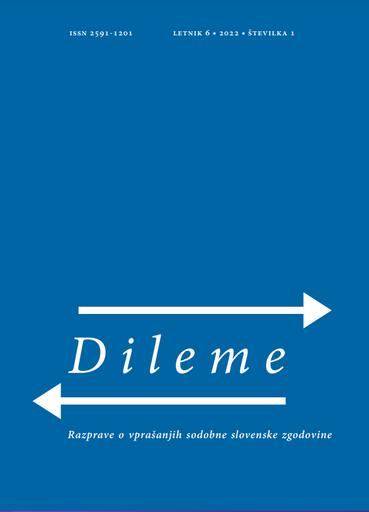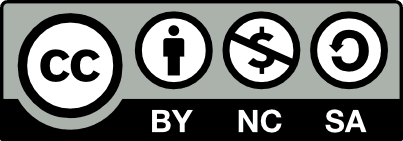/
Serijske publikacije
/
Dileme
Institucija javnog tužitelja u Hrvatskoj nakon završetka Drugoga svjetskoga rata

Avtor(ji):Martina Grahek Ravančić
Soavtor(ji):Renato Podbersič (gl. ur.)
Leto:2022
Založnik(i):Študijski center za narodno spravo, Ljubljana
Jezik(i):slovenščina, bosanski/hrvaški/srbski, angleščina
Vrst(e) gradiva:besedilo
Ključne besede:javno tožilstvo, leto 1945, Hrvaška, zakoni, sojenja, public prosecutor’s office, 1945, Croatia, laws, trials
Avtorske pravice:

To delo avtorja Martina Grahek Ravančić je ponujeno pod Creative Commons Priznanje avtorstva-Nekomercialno-Deljenje pod enakimi pogoji 4.0 Mednarodna
Datoteke (1)

Ime:Dileme6_1a.pdf
Velikost:2.78MB
Format:application/pdf
Stalna povezava:https://hdl.handle.net/11686/file36979
Opis
The paper analyses the institution of the public prosecutor immediately after the end of World War II. The organisation of the work of the public prosecutor’s office was based on the experience of the Soviet legal system. It was a government institution with very broad powers and a very high degree of independence in its work. It is through the figure of the public prosecutor that we can best see the extent to which the politics influenced the legal order in the immediate post-war period. It was often said that public prosecutors were “powerful guardians of revolutionary law and interpreters of the demands of the popular masses at large”.
Metapodatki (12)
- identifikatorhttps://hdl.handle.net/11686/57328
- naslov
- Institucija javnog tužitelja u Hrvatskoj nakon završetka Drugoga svjetskoga rata
- The Institution of the Public Prosecutor in Croatia After the End of World War II
- ustvarjalec
- Martina Grahek Ravančić
- soavtor
- Renato Podbersič (gl. ur.)
- predmet
- javno tožilstvo
- leto 1945
- Hrvaška
- zakoni
- sojenja
- public prosecutor’s office
- 1945
- Croatia
- laws
- trials
- opis
- The paper analyses the institution of the public prosecutor immediately after the end of World War II. The organisation of the work of the public prosecutor’s office was based on the experience of the Soviet legal system. It was a government institution with very broad powers and a very high degree of independence in its work. It is through the figure of the public prosecutor that we can best see the extent to which the politics influenced the legal order in the immediate post-war period. It was often said that public prosecutors were “powerful guardians of revolutionary law and interpreters of the demands of the popular masses at large”.
- založnik
- Študijski center za narodno spravo
- datum
- 2022
- 01. 01. 2023
- tip
- besedilo
- jezik
- Slovenščina
- Bosanski/hrvaški/srbski
- Angleščina
- jeDelOd
- pravice
- licenca: ccByNcSa
